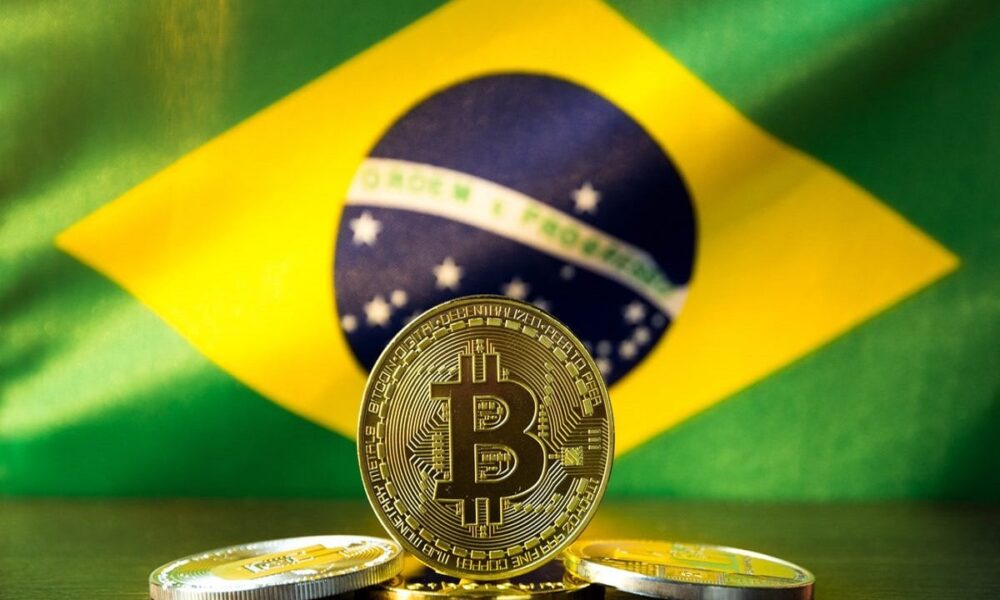Regulation
Brazil Tax Department to Scrutinize Foreign Crypto Exchange Operations

Brazil Receita Federal is set to increase scrutiny on foreign digital asset exchanges operating within its borders, aiming to bolster regulation and transparency in the burgeoning sector. The national tax authority seeks to gather operational data from platforms like Binance, Coinbase, and Kraken despite the need for a well-defined regulatory framework for cryptocurrencies in the country.
Brazil Tightens Oversight on Foreign Crypto Exchanges
As the popularity of digital assets grows in Brazil, the government is making moves to understand and oversee the operations of international cryptocurrency exchanges. With a mandate expected to be issued this week, these platforms must disclose their operational methodologies and customer service practices within the region. The Brazilian tax authorities focus on ensuring these companies adhere to local tax laws and anti-money laundering regulations.
The decision comes as digital asset usage in Brazil surges, with reported crypto holdings by Brazilians reaching 133.6 billion reais ($24.6 billion) from January to July 2023. This represents a significant 36.6% increase from the previous year. The oversight is crucial as the government pushes for enhanced transparency while still developing a concrete regulatory framework, which is anticipated to be proposed by the end of 2024.
Receita Federal to Audit International Crypto Platforms
Andrea Chaves, Deputy Secretary of Inspection at the Receita Federal, emphasized the necessity of this initiative. The government aims to verify that these exchanges comply with tax obligations and do not engage in illegal activities. Furthermore, they want to ensure that the services offered to Brazilian customers are entirely legal. This comes amid concerns that some platforms could circumvent local regulations, potentially leading to unreported revenue and facilitating illicit financial flows.
Additionally, Wagner Lima, a risk management coordinator at the Revenue Service, highlighted the need to review collaborations between foreign exchanges and local service providers. This scrutiny ensures compliance with a 2019 regulation that mandates information sharing, which is crucial for maintaining the integrity of Brazil‘s financial systems.
The upcoming ordinance will require exchanges to provide extensive details about their operations but will exclude customer-specific data and transactional information, adhering to current Brazilian laws. The increase in declared holdings through foreign exchanges, which saw a 51.2% jump from the previous year, underscores the growing significance of these platforms in the local market.
Also Read: Ondo Finance Partners With Drift for RWA Integration, Will ONDO Price Rally?
The presented content may include the personal opinion of the author and is subject to market condition. Do your market research before investing in cryptocurrencies. The author or the publication does not hold any responsibility for your personal financial loss.
✓ Share: